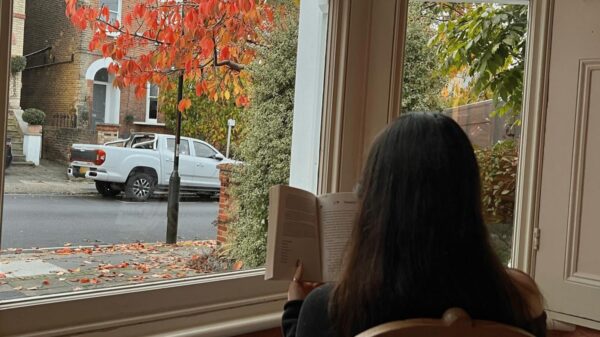Roar writer Ryan Lam shares his discoveries of black singers of Europe’s music scene.Â
As we approach the end of Black History Month, I’ve decided to discover some new black singers of Europe’s music scene. If you’re looking for new artists to add to your music playlist, take a look at the following list of artists of colour, ranging from Sweden to Italy. Why does this matter? Representation, after all, matters. With increasing globalisation and migration, Europe is enjoying increasing cultural diversity. Yet, minorities are consistently underrepresented in Europe’s white-dominated music scene.
France РMątre Gims
With a solid fanbase across France and Africa, Maître Gims is a French-Congolese singer. Moving to Paris only at age two, and having lived in squats until the age of eighteen, Maître experienced a difficult upbringing. His music career started from the hip-hop group Sexion d’Assaut; he launched his solo career in 2013 with his debut album “Subliminalâ€.
One of Maître’s most popular songs is “Est-ce que tu m’aines?†(translated as “Do you love me?”), which accumulated over 300 million views on YouTube. Fusing pop and soul music, the song highlights the struggles and dilemmas of relationships.
Netherlands – Jeangu Macrooy
Having grown up in Suriname and moving to the Netherlands in 2014, Jeangu Macrooy is a Dutch singer who rose to fame with his first solo album, “High on You” – peaking at 69th on the Album Top 100 (Dutch Albums Charts).
Openly gay, Jeangu is determined to use his music to promote sexual equality. “I want to show that it’s okay to be yourself, and if I can in any way help them though my music, I will,†said Jeangu in an interview with Wiwibloggs.
Fusing Suriname and Dutch musical inspirations, Jeangu represented the Netherlands in the 2021 Eurovision Song Contest with “Birth of a New Ageâ€. The chorus “Yu no man broko mi†in Suriname’s Sranan Tongo language (translated as “You will not break me”) is a simple yet bold phrase in resonating strength and resilience to those in the queer community struggling against homophobia.
Written after the height of the Black Lives Matter (BLM) movement, the song also echos solidarity with BLM across the globe. “Whether that be fighting for the Black Lives Matter movement or our queer community. We deserve to be here and we deserve respect,†Jeangu added.
Sweden – Cherrie
Cherrie is a Swedish singer with Somali origins. Born in Oslo (Norway), Cherrie and her family moved between different Scandinavian countries before finally settling in Sweden.
What strikes most about Cherrie’s music is her representation of Sweden’s multicultural discourse, especially problems migrants, ethnic minorities and third-culture individuals face when integrating into a predominantly Eurocentric society. “I remember being a young girl and having parents of African heritage but living in a Scandinavian white city with almost no black people: You’d be confused ’cause you’re not at home there, but if I went back to Africa, I wouldn’t be 100 percent home there—because I’ve never been there, right? So, the third culture concept comes from creating your own culture of what you do have,†said Cherrie in an interview with Vogue.
Cherrie’s music is mostly inspired by R&B. One of her most iconic songs is “163 För Evigt†(translated as “163 Forever”), which expresses her pride in Sweden’s immigrant community and multiculturalism.
Italy – VheladeÂ
Known for her musical fusion of indie and afro-beat, Vhelade is a proud Italian-Congolese singer hailing from the Mediterranean island of Sardinia.
Just like other minorities in Italy, Vhelade is no stranger to the struggle of representation in Italian culture. “In a country where the difference is still a problem, rather than an advantage, being Afro-Italian, singing in different languages, and creating pure music without compromise, has not been easy. Oftentimes the level of ignorance has discouraged me, but the music and art have always helped me to see things from a different perspective,†she said in an interview with Document Journal.
In reflection of her mixed heritage, her single titled “AfroSarda” (a portmanteau of Africa and Sardinia) remains one of her most iconic works. The simple yet impactful phrase “Nalingi yo†in Congo’s Lingala language (translated as “I love you”) in the chorus pays homage, and more importantly, encourages other minorities to love and take pride in their background and heritage.
Contrasting the typical mainstream Western radio pop, Europe’s music scene is undoubtedly diverse, with different cultural pockets of musical enclaves. What struck me the most while discovering these singers is their common commitment to using music as a tool to radiate the resilience, identity and struggles of minorities in Eurocentric Europe.


















